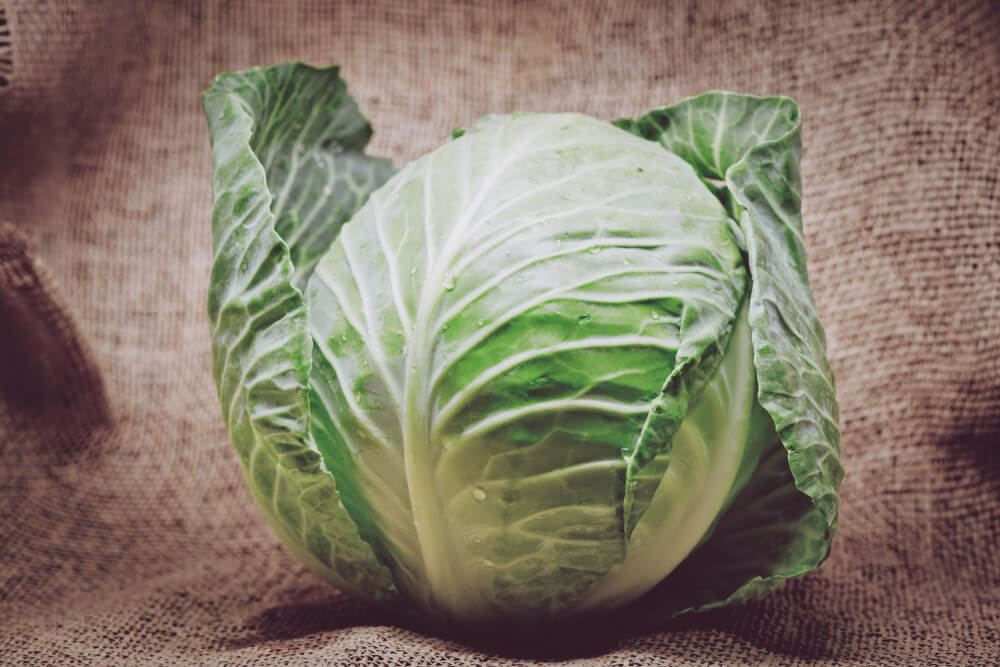Taking vitamins at the right time

Pregnancy is a beautiful yet challenging journey. Among the many changes a woman experiences during this time, morning sickness and nausea are some of the most common discomforts, especially during the first trimester. While these symptoms can’t always be avoided, managing them smartly such as by taking your prenatal vitamins at the right time can make a big difference in how you feel each day.
Why Are Prenatal Vitamins Important?
Prenatal vitamins are specially formulated to support a healthy pregnancy. They contain essential nutrients like:
-
Folic acid: Prevents neural tube defects.
-
Iron: Supports increased blood volume.
-
Calcium & Vitamin D: Helps in baby’s bone development.
-
Vitamin B6: May help reduce nausea.
But here's the twist taking them at the wrong time can actually make morning sickness worse.
The Right Timing Matters
Pregnancy often causes your digestive system to become more sensitive. Taking vitamins, especially on an empty stomach, can lead to:
-
Increased nausea
-
Upset stomach
-
Vomiting
-
Poor nutrient absorption
So, when and how you take your vitamins matters.
Tips for Taking Prenatal Vitamins to Reduce Nausea
1. Take Them With Food
Taking your vitamins with a meal or snack (especially something bland like toast or crackers) helps reduce nausea. It slows down absorption and gives your stomach something to work with.
2. Avoid Taking Them First Thing in the Morning
Morning is often the worst time for nausea. Try taking your vitamin:
-
In the evening after dinner
-
Before bedtime, especially if your stomach is more settled by then
This helps bypass the early morning queasiness.
3. Split the Dose
If your prenatal vitamin feels too strong or causes queasiness:
-
Ask your doctor if you can split the dose take half in the morning and half in the evening.
4. Consider a Different Form
Not all prenatal vitamins are created equal. Options include:
-
Gummies
-
Capsules
-
Liquid forms
-
Slow-release tablets
Some are gentler on the stomach, especially those without iron (which can be added later in pregnancy when needed).
5. Vitamin B6 Supplementation
Studies show that Vitamin B6 (pyridoxine) in small doses (10–25 mg, 3 times a day) may help reduce nausea in early pregnancy. Talk to your healthcare provider before starting any supplement.
When to Talk to Your Doctor
If you're vomiting often and unable to keep down food or vitamins, talk to your doctor. You may be experiencing hyperemesis gravidarum, a severe form of morning sickness that requires medical attention.
Final Thoughts
Taking prenatal vitamins is non-negotiable for a healthy pregnancy but timing is everything when it comes to keeping nausea under control. Pair your supplements with food, avoid early mornings, and explore gentler options if needed. By adjusting your routine slightly, you can get the nourishment you and your baby need without the extra discomfort.
Remember: your body is doing an amazing job. Give it the support it needs, at the right time.
👩⚕️ Pro Tip: Always consult your healthcare provider before making changes to your vitamin routine. Every pregnancy is unique!
Related Articles

Privacy & Security Checklist for Era App

Listening to your body’s signals

Baby development at 30 weeks

Baby development at 4 weeks

Best sleep positions (especially 2nd/3rd trimester)

Keeping your skin clean and moisturized

Staying off social media breaks

Avoiding screens before bed